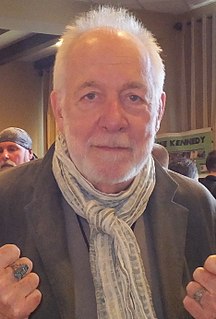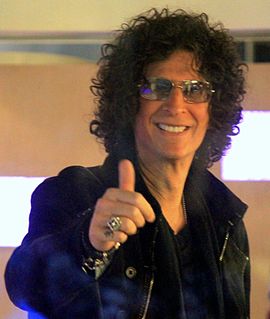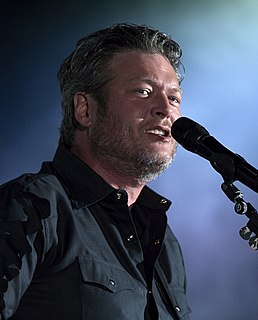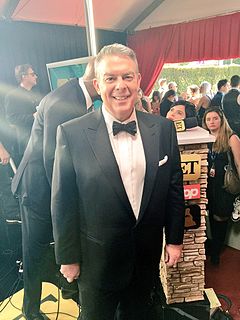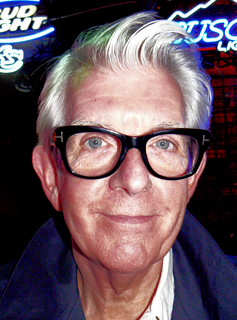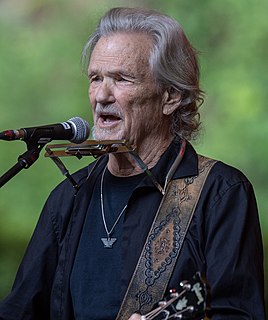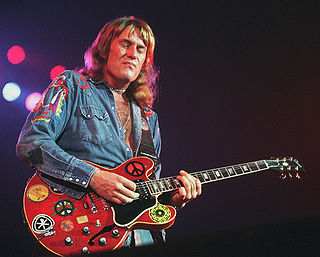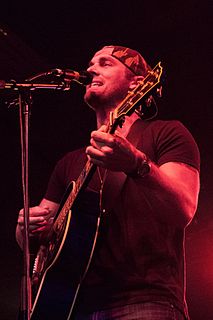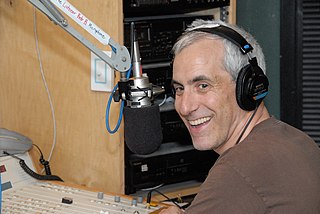A Quote by Howard Hesseman
Every time I meet people working in radio, I'm a little embarrassed. It's all pre-programmed, rigidly formatted stuff. Time and time again, when I talk to jocks, they say how jealous they are of the freedom we have on WKRP. I sometimes have to explain to them that it's not a real radio station.
Related Quotes
When I hear other artists talk, they talk about 'How come radio's not playing my song?' Well, you have to look at it under a microscope and know that each station is just trying to do what's right for their market, and it's scary for a radio station to add a song that they don't know how well it's gonna do for them.
I wrote 'Turn Your Radio On' in 1937, and it was published in 1938. At this time radio was relatively new to the rural people, especially gospel music programs. I had become alert to the necessity of creating song titles, themes, and plots, and frequently people would call me and say, 'Turn your radio on, Albert, they're singing one of your songs on such-and-such a station.' It finally dawned on me to use their quote, 'Turn your radio on,' as a theme for a religious originated song, and this was the beginning of 'Turn Your Radio On' as we know it.
My latest theory is that it's - well, I describe it as, like, being in an apartment with kind of thin walls. And in the apartment next door, they've got a radio tuned constantly on - tuned to a really cool radio station. It's on all the time. And you can just hear it coming through the wall all the time.
There was a time when people would go search out underground records. Now, underground means free, and people don't really care for it. So now artists tend to go more pop and look for the radio. You know, the radio never wanted you to speak about anything, so the music is kinda influenced by the hands of the radio which wants to homogenize it and dilute it and sanitize it. And for the most part, nobody's takin' the time to seek out the cats that are still tryin' to talk, so they have a difficult time being heard, like Chuck D said.
You know, the radio never wanted you to speak about anything, so the music is kinda influenced by the hands of the radio which wants to homogenize it and dilute it and sanitize it. And for the most part, nobody's takin' the time to seek out the cats that are still tryin' to talk, so they have a difficult time being heard.
The power of a label and radio and a booking agency and all that - you never know until you experience it the first time, but being able to have a song on radio, but then go play a show for people that have heard the song on radio, and having it sung back to you, is - I don't know how to describe it.
